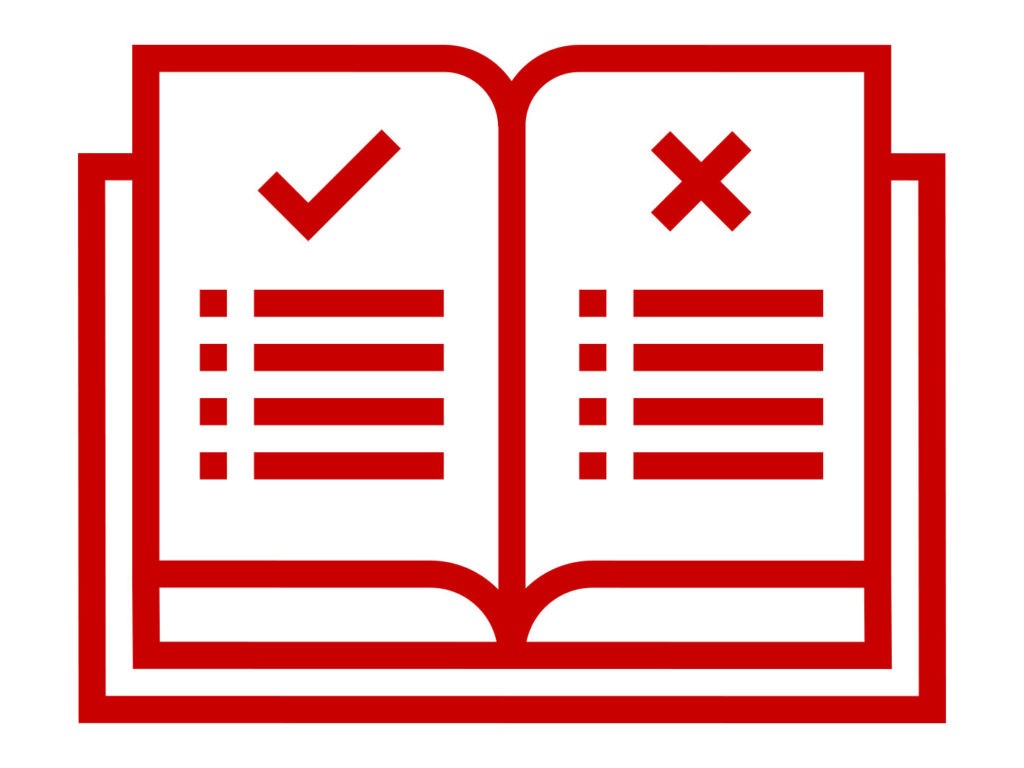
CCABI update
The Consultative Committee of Accounting Bodies Ireland (CCABI) presents a unified voice for the whole profession and is made up of representatives of membership bodies ACCA, CAI, CIMA and CPA.
Its recent taxation representations include: a pre-Budget submission, a response to the consultation on the key employee engagement programme, a response to the public consultation on pillar two of the OECD/G20 minimum tax rate implementation project, and a submission on section 110 companies.
A recent round of tax administration liaison committee meetings – where senior tax officials sit down with tax advisers, nominated by the profession, to hammer out solutions to more administrative tax challenges – dealt with a number of issues.
CCABI continues to seek clarification of the EU’s latest Russia sanctions package
Outside the area of taxation, CCABI is developing additional guidance for the Small Companies Administrative Rescue Process (Scarp) and has worked closely with the Law Society on the revision to the solicitors accounts regulations, which are due to be issued by the end of 2022.
In the area of anti-money laundering (AML), CCABI has issued a ‘red flags’ training document for accounting practices. It also continues to look for clarification on the application of the sixth package of EU sanctions against Russia, which includes a ban on the provision of accounting and audit services to Russia and businesses owned by Russians.
CCABI has been working with the Decision Support Service (DSS) on guidance for the professional accountant role within the organisation’s process. It is also working with Companies Registration Office on the implementation of the requirement in the Companies Act to include directors’ personal public service (PPS) numbers on companies’ annual returns.
Employers with 50 or more staff must establish reporting channels for workers to make protected disclosures
Protected disclosures
The Protected Disclosures (Amendment) Act 2022 has been signed into law and will come into force in December 2023.
The definition of worker protected under the act has been extended to include directors, shareholders, trainees, job applicants and volunteers.
The act also extends the definition of what would constitute penalisation by an employer against a whistleblower – section 3 now includes a very extensive list. General data protection regulation (GDPR) and AML matters are now also included within the definition of data breach.
Employers with 50 or more employees are required to establish internal reporting channels and procedures to enable workers to make protected disclosures. The burden of proof now lies with employers to show that any action taken or not taken against a whistleblower was not penalisation. A new Office of the Protected Disclosures Commissioner will be established to support the operation of the new legislation.
PAYE tax credits
Failure by an employer to promptly supply a cessation notice to Revenue when a PAYE worker changes employment can lead to the individual’s tax credits being split between the new or old employment; alternatively, the new employment may be put on a non-cumulative week one or month one basis.
A manual correction can be performed via myaccount at www.revenue.ie, and Revenue has a video explaining how to do so.
QQI
Quality and Qualifications Ireland (QQI) is currently developing policies and criteria for the inclusion of education awards in the national framework. The guidelines should be ready to go out for consultation in early 2023. ACCA still retains level 9 (master’s) accreditation, as (uniquely) it has UK accreditation and there is a bilateral agreement between the UK and Ireland. All Irish professional bodies have had their Irish accreditation lapse.
Vasps
Virtual asset service providers (Vasps) are businesses that provide virtual wallets or exchanges to hold crypto or virtual currency such as bitcoin. A number of such businesses have located in Ireland.
Vasps are designated persons for AML purposes and must be regulated by the Central Bank of Ireland. The Central Bank’s July 2022 Anti-money Laundering Bulletin provides details of the registration requirements and ongoing AML requirements for Vasps.
Travel expenses
From 1 September 2022, civil service mileage rates have been increased. The rates represent the maximum an employer can pay an employee for using their own vehicle for business purposes without prior Revenue approval. All 12 rates have risen, some by as much as 15%, reflecting the increased cost of fuel. It was also confirmed that travel in an electric vehicle should be charged at band 2 rates. The rate for cycling is set at 8 cents per kilometre.



